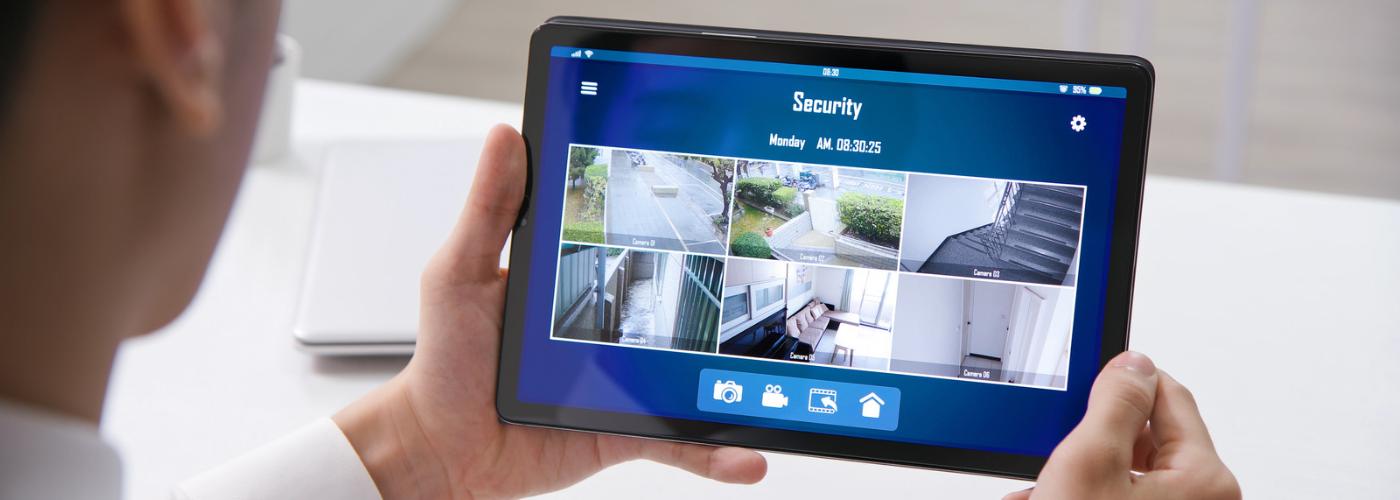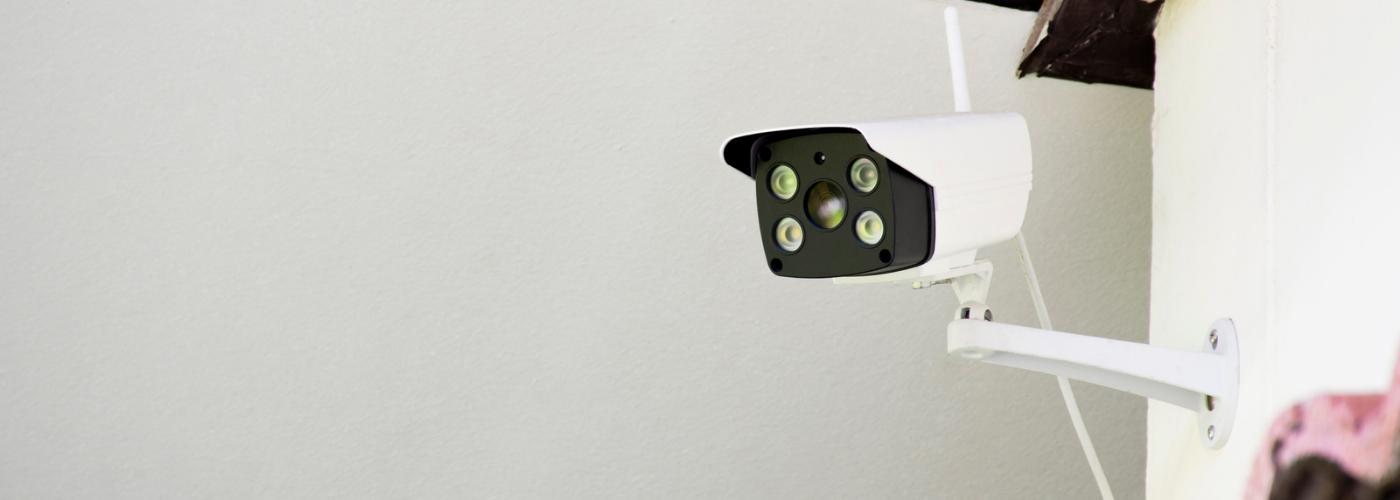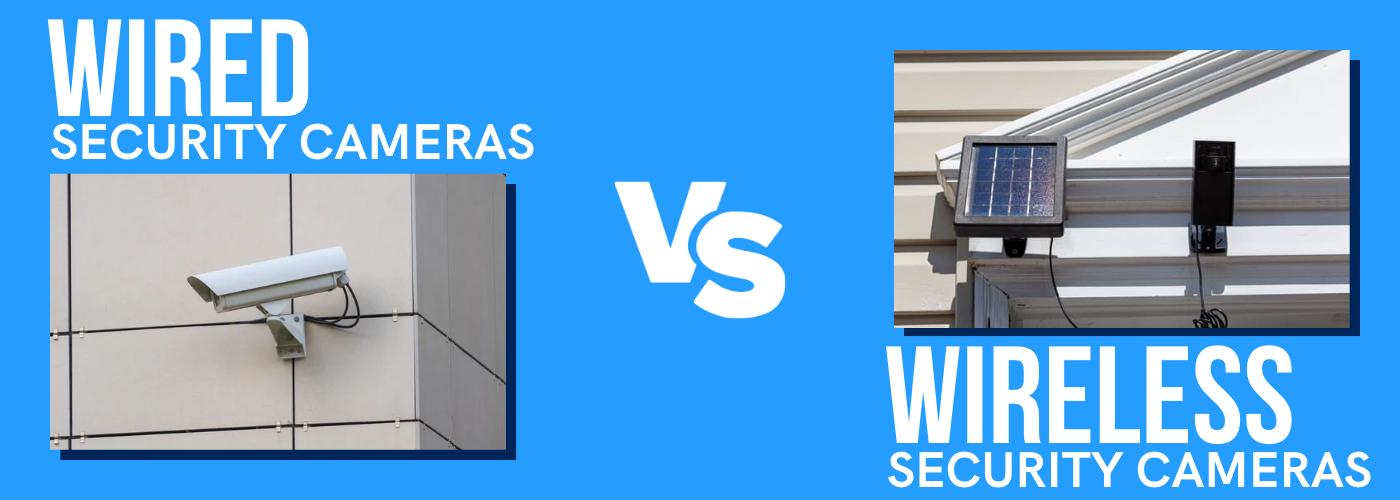When it comes to choosing a security camera system for your home or business, you have two main options: wired or wireless. While both types of cameras serve the same purpose, they operate in different ways and offer their own unique advantages and disadvantages. We’ll be giving over the differences between wired vs wireless cameras.
What’s Better Wireless Or Wired Security Cameras

When it comes to home security, there are a variety of different options to choose from. One of the most popular choices is the use of security cameras. With so many different types and styles available on the market, choosing between wireless or wired security cameras can be overwhelming for homeowners.
Wireless security cameras are becoming increasingly popular due to their ease of installation and convenience. These cameras operate over Wi-Fi and can be placed anywhere within range of a wireless network.
This means they can be installed without any wiring or drilling, making them ideal for renters or those who don’t want to damage their walls. They also come with mobile apps that allow you to monitor your home remotely, giving you peace of mind when you’re away.
On the other hand, wired security cameras offer some benefits that wireless cameras cannot match. Unlike their wireless counterparts, these cameras require a physical connection via an ethernet cable to transmit data.
Wired cameras can also be more responsive since it has a direct connection to power and the internet, unlike wireless cameras.
Are Wireless Cameras Reliable?

Wireless cameras offer convenience for many, thanks to their flexibility and affordability. By eliminating the need for messy wiring, they can be installed almost anywhere, both indoors and outdoors. However, the question on everyone’s minds is: are wireless cameras reliable?
The answer to this question varies depending on a variety of factors. First and most importantly is the quality of the camera itself. Some cheaper models may not offer great reliability since they generally come with lower-quality hardware and software that may fail or malfunction over time.
Secondly, it depends on how well your network infrastructure is set up – if you’re using an outdated internet router or have poor connectivity in certain areas of your property, then there will be issues with reliability as well.
Lastly, the environment where the camera is being used also plays a part – harsh weather conditions or extreme temperatures can cause damage and lead to malfunctioning equipment. It’s always best to maintain the security system to prevent any further damage.
Overall, higher-end wireless cameras are manufactured with stronger and reliable components to provide the best surveillance for your home or business.
Can You Mix Wired And Wireless Security Cameras?

Combining wired and wireless security cameras in a single surveillance system can benefit many homeowners and business owners. While some may believe it’s impossible to mix the two types of cameras, this is far from the truth.
Combining wired and wireless security cameras can provide several benefits. For example, suppose you already have wired cameras installed on your property but want to expand your coverage area or add more flexibility. In that case, you can incorporate wireless cameras into your system without having to rewire your entire setup.
Wireless cameras can also be used as backup units for wired systems in case there’s a power outage or network failure.
Mixing wired and wireless security camera technologies allows users to tailor their surveillance systems according to their specific needs.
Do Wired Security Cameras Need Internet
In today’s world, security cameras have become an essential part of every home or business. Wired security cameras are popular because of their reliable and consistent performance. However, one question that often arises is whether these cameras require internet connectivity to function effectively.
Security cameras do not necessarily need internet connectivity to record and store footage. These cameras use cables to transmit data to a digital video recorder (DVR) or network video recorder (NVR). The DVR/NVR stores the footage locally on its hard drive, making it accessible for playback anytime.
However, you’ll need an internet connection if you want remote access to view live footage or recorded videos. With internet connectivity, you can access your camera feeds from anywhere worldwide using a smartphone or computer app.
